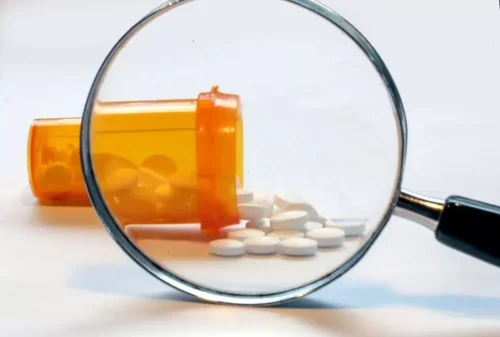
Blood vessels open out on the outside of the skin, paving the way for increased exposure to the surroundings that, in development, cool the blood. Regardless of what most people think, judging by research from the Substance Abuse and Mental Health Services Administration (SAMHSA), just over a third of youths don’t consume alcohol often. Journey to the local pizza shop with a hankering for greasy, cheesy goodness. And your fuzzy brain told itself eating was a good idea because food would soak up some of the alcohol. That, in turn, can lead to negative consequences such as getting too drunk or having a terrible hangover the next day. As alcohol dependence is a physical or mental reliance, it is likely you will notice the consequences of quitting alcohol soon after you stop.
What people get wrong about hangovers
Whether it is for yourself or your loved one, you can be assured that we have the expertise and experience in handling this condition. In an IOP, patients are able to live at home and attend therapy and group sessions during the day. It is usually three to five times per week for several hours a day. Because the individual will be living at home, IOPs are frequently used after residential programs as a step along the continuum of care. This is meant to ease the patient back to an unsupervised life while maintaining sobriety. Residential treatment provides the patient a secure, safe, and structured environment in which to recover.
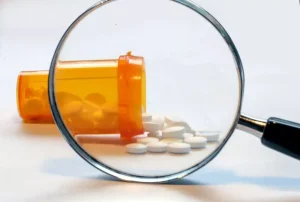
Myth #9: Drinking is not a real addiction like drug abuse
However, there’s limited research showing the efficacy of this form of treatment. Evidence also shows that continuing to drink in moderation while in recovery may heighten your cravings for alcohol. A 2019 study of alcohol use in England found that people in professional managerial jobs had more occasions to drink than manual workers, casual workers, and unemployed people. Homeownership was also a strong predictor of alcohol consumption, according to the study.
Drinking is a good way to take the edge off chronic pain.
It was incredible how many suggestions I received from well-meaning friends and family (who are not in recovery), and I tried them all. My alcohol consumption increased with every failed attempt to try the next “new thing” that never seemed to work. No matter how much a guy drinks, if you drink the same amount as your male friends your blood alcohol concentration will tend to be higher, putting you at greater risk for harm.
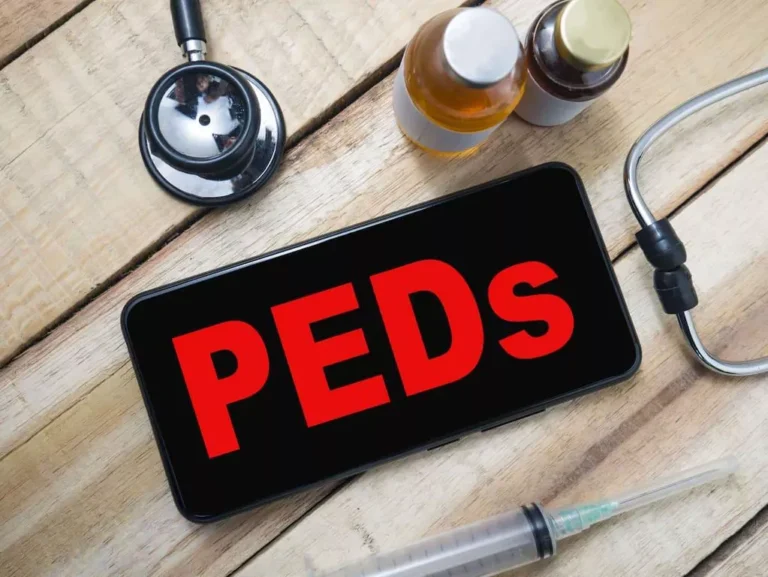
It simply requires a brief period for alcohol to get you down. Because limits are the first to go once you drink, you could appear as though you are in a fantastic attitude and the life of the party while you experience the opposite. Since they have extra blood to reduce the alcohol, they will have a lower blood alcohol level than a female when an identical amount of alcohol.
- Blood vessels open out on the outside of the skin, paving the way for increased exposure to the surroundings that, in development, cool the blood.
- Not everyone who starts drinking at a young age will necessarily develop the condition.
- With growing awareness of alcohol’s health risks, a “sober curious” movement has recently taken off, especially among millennials and young adults.
- Here at Intrepid Recover Center, not only will we help get you started on the path to recovery, but we’ll make sure that you stay on the right path every single step of the way.
- If you drank alcoholic beverages the night before, the foremost thing you must do when you wake up is drink a glass of water.
- Due to the nature of addiction, it is unlikely that casual or occasional drinking will remain under control.
- It’s fun for some people, but there is no medical reason to do it or health benefit from it.
- Heavy drinking can also put you at risk for health problems such as heart disease, stroke, liver disease, sleep disturbances, and some types of cancer.
If, after completing the formal treatment programs, an individual is marijuana addiction still not feeling confident in their sobriety, they may want to enter an aftercare program or sober living residence. Recovering alcoholics find valuable support through continuing therapy, participation in 12-step groups, or sober living homes. Studies show that people who continue in some type of aftercare have a better chance at long-term abstinence and recovery. Higher tolerance can lead to higher levels of drinking, which can have negative health effects.
Alcohol Myths
There is no recommended number of times that someone should jump out of a plane. It’s fun for some people, but there is no medical reason to do it or health benefit from it. But while women may reach the “drunk driving” limit — 0.08 percent blood alcohol — sooner, alcohol can impair driving at much lower blood alcohol levels. So “don’t drink and drive” remains sound advice for everyone. Thinking a person is too old to have a drinking problem is one of many alcohol myths about alcoholism myths and is simply not true. Unfortunately, many people with drug or alcohol addiction are in denial that they have a problem in the first place.
Alcohol Impacts Men And Women Equally
- But without a routine or daily responsibilities, alcohol use can more easily spiral, he says.
- In addition, drinking while on certain medications can be dangerous.
- The proper clinical term for alcohol addiction is an alcohol use disorder, but regardless of the term used, there are plenty of myths surrounding alcohol abuse.
- As alcohol dependence is a physical or mental reliance, it is likely you will notice the consequences of quitting alcohol soon after you stop.
While the sleep-inducing effect of booze can help you drop off at first, alcohol suppresses Rapid Eye Movement (REM) sleep which can make for a less restful slumber overall. Drinking alcohol before bed also means trips to the bathroom are inevitable, as alcohol is a diuretic. Another side-effect you’ll experience is sweating more, adding to the dehydration. This is the perfect cocktail to have you waking up feeling sleepy and with a sore head and might leave you wondering if that night cap was really worth it.
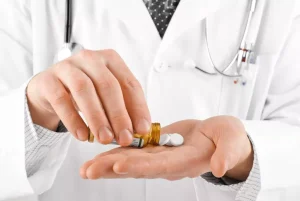
Sign up for text support
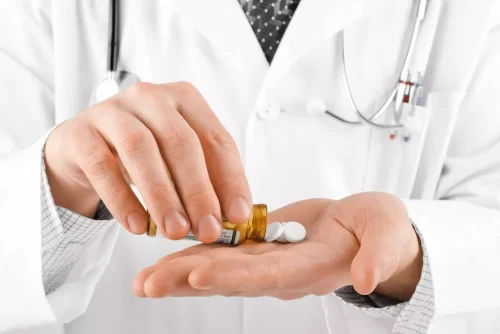
But it does mean that you shouldn’t assume it’s benefiting your health, or that it’s guaranteed to be safe. Most of the health benefits of red wine can be gained from other food sources, while alcohol, no matter the situation, is toxic to your body. In truth, alcohol is a drug that should be consumed in moderation, if at all. For some people it’s a substance that can cause irreversible harm, for themselves and their families. When you combine alcohol with drugs containing acetaminophen, like Tylenol, you run the risk of liver damage, according to the NIAAA. Ingesting too much of one or both substances can be toxic to the liver.
- It simply requires a brief period for alcohol to get you down.
- In fact, a massive study on the global burden of disease, covering 195 countries over more than 25 years, recently determined that there is no safe amount of alcohol.
- These trends were exacerbated by the stress of the Covid-19 pandemic, yet they began before it, marking a major shift in America’s drinking habits.
- It’s not just about enjoying a cold one with friends or having an occasional drink at a party – oh no!
This can actually be a warning sign of an alcohol use disorder. Sometimes people think overcoming alcohol addiction is just a matter of willpower, but this isn’t the case. When a person develops an alcohol addiction, they can become physically dependent on the substance, =https://ecosoberhouse.com/ meaning the body doesn’t function the same without it. If a person is dependent on alcohol, they will experience uncomfortable withdrawal symptoms, such as nausea, sweating and tremors when not drinking. If you’ve followed health news lately, you may have noticed scientists shifting their stance on alcohol. Ultimately, despite the many alcohol myths out there, there really is no “safe” level of drinking.

